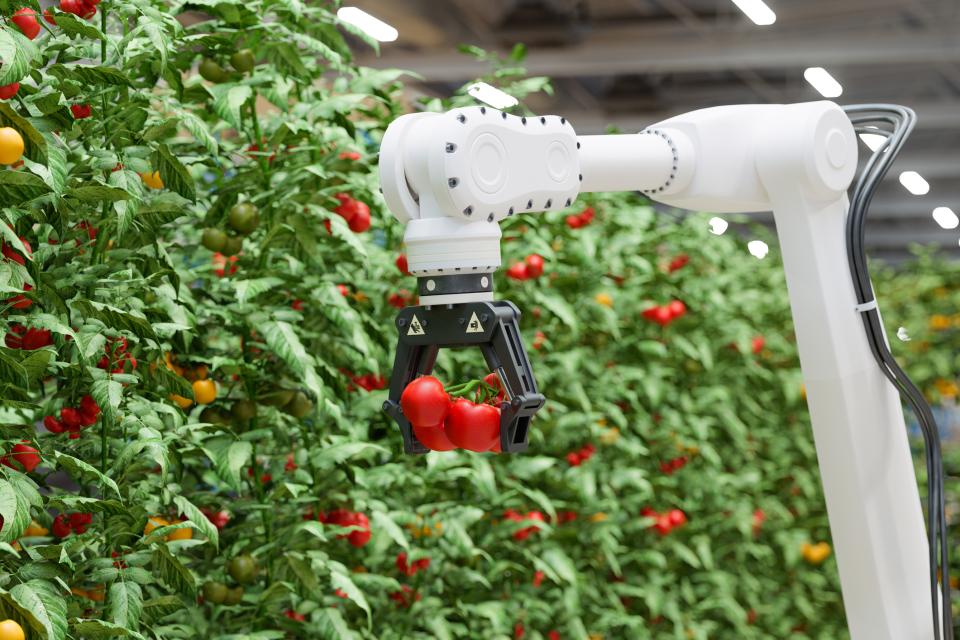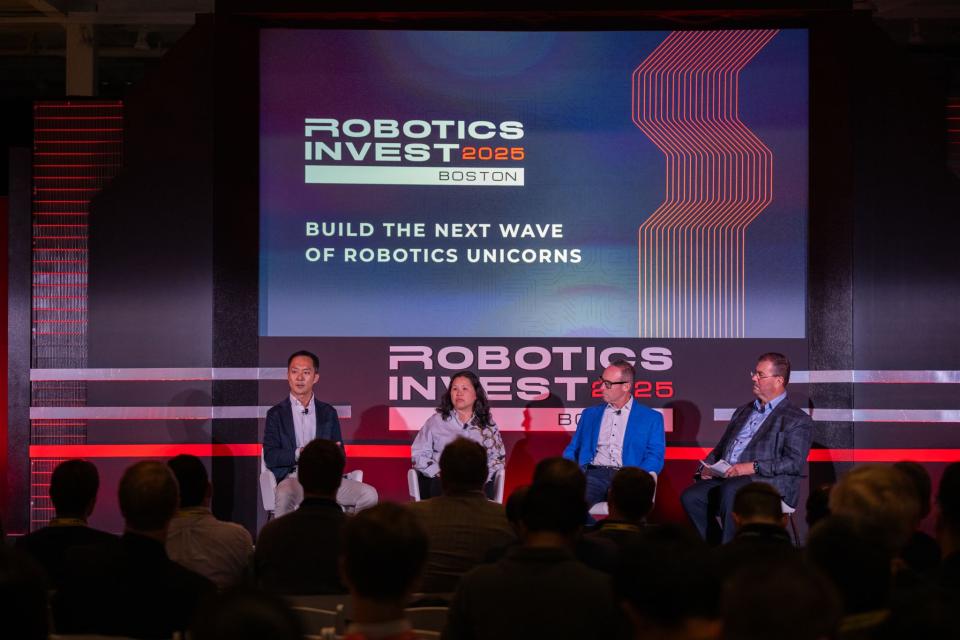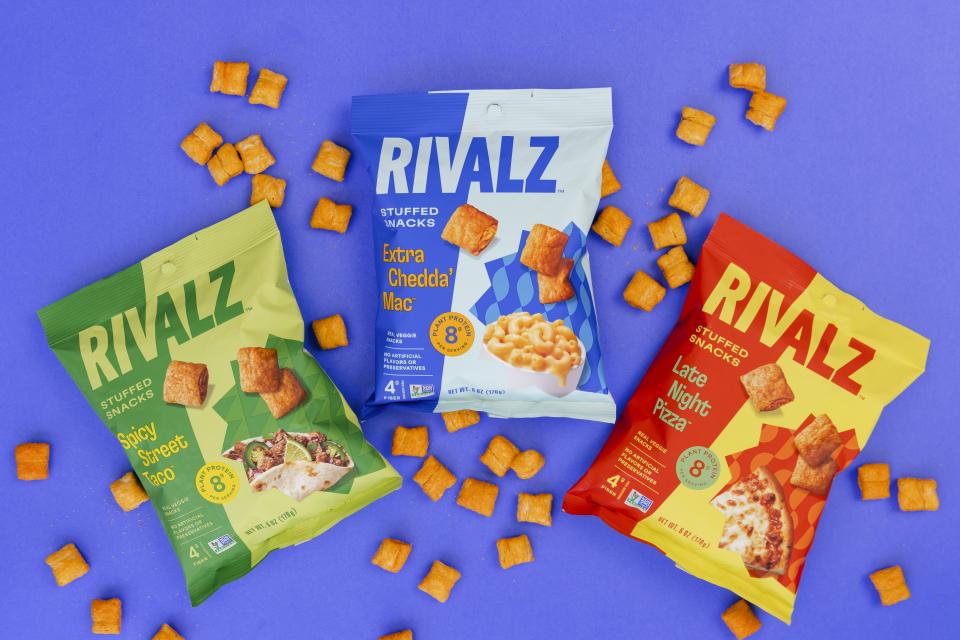The Promise of Robots Disrupting Agriculture: Lessons from the Field
Insights from the Food & Ag Industry Immersion gave me a new lens on the future of farming

Standing before industry leaders at Robotics Invest 2025 in Boston this past June, I never imagined that a single UC Davis course would become the foundation for my expertise on agricultural robotics disruption.
Yet there I was, confidently discussing labor shortages in specialty crop farming and the promise of harvesting robots—knowledge that traced directly back to Lecturer Julie Morris's Food & Agriculture Industry Immersion.
The path to that Boston stage began with a simple decision: choosing the UC Davis Graduate School of Management's Bay Area Part-Time MBA program specifically for its unique Industry Immersion experiences.
In my role working in open innovation with startups at Kubota Innovation Center Silicon Valley, I needed more than traditional business theory—I needed hands-on industry knowledge and expanded networks.

Lessons From Leaders—Driscoll’s, Coca-Cola, Gallo and Ag Startups
The Food & Agriculture Industry Immersion didn't disappoint. Over several weeks, we heard from executives from industry giants like Driscoll's, Coca-Cola and E. & J. Gallo Winery alongside innovative startups like Oobli and NuCicer. But it was Sandor Nagy from Driscoll's who made the biggest impact on my thinking.
During his presentation, Nagy outlined the harsh realities facing berry producers: rising labor costs, water scarcity, and climate change, forcing production shifts from California to Mexico.
These weren't abstract problems—they were immediate challenges requiring technological solutions. His discussion of genome editing technology to improve strawberry harvestability for both human workers and robots crystallized my understanding of where agriculture was heading.
The case studies were equally revelatory. When our class analyzed Oobli's sweet protein technology—1,000 times sweeter than sugar—we weren't just learning about food processing. We were exploring how innovation addresses America's obesity crisis while navigating market recognition challenges.
Through UpCycled Foods, I discovered that 90% of food waste can be upcycled into new products—a staggering revelation that reshaped my understanding of the $2.6 trillion food waste problem. These weren't textbook examples; they were real companies solving real problems.
From Learning to Leading
Six months later, I found myself on that Boston panel, drawing directly from these classroom experiences. When discussing agricultural robotics with venture capitalists and startup founders, I could speak authoritatively about the eight to 12-year timeline for crop variety development at HM.CLAUSE, the labor-intensive nature of specialty crops and the practical challenges of achieving positive ROI on harvesting robots.
The knowledge gained from Julie Morris, lecturer and academic director of the Food & Agriculture Industry Immersion at UC Davis, combined with communication skills I honed in Lecturer Brian Kennedy's Articulation and Critical Thinking class, transformed me from a participant to a thought leader in agtech innovation.
The UC Davis Advantage
What sets the UC Davis Bay Area Part-Time MBA program apart isn't just its proximity to Silicon Valley innovation or the campus’s global reputation in agricultural sciences—though both matter enormously. It's the program's commitment to practical, industry-focused education through its three Industry Immersion programs.
The Part-Time MBA gave me flexibility to stay at Kubota while expanding my expertise, with UC Davis faculty focused on education that applies directly to careers, not just theory.
I’m passionate about agriculture's future, studying at an institution globally recognized for agricultural excellence, while maintaining access to Silicon Valley's innovation ecosystem has proven invaluable.
The combination of UC Davis's agricultural legacy and its forward-thinking business program created the perfect environment for someone bridging traditional farming with cutting-edge technology.
Looking Forward
Today, as I continue developing autonomous tractors and investing in harvesting robotics at Kubota, the insights from that immersion course guide my decisions daily. Understanding the entire food value chain—from procurement through consumption—has made me a more effective innovator and leader.
For prospective students considering the UC Davis Part-Time MBA, I can't recommend the program highly enough, especially those interested in agriculture, food or technology.
The Food & Ag Industry Immersion courses alone justify the investment, providing the practical knowledge and industry connections that transform careers.
Agriculture faces unprecedented challenges, from climate change to labor shortages to food waste. The solutions will come from leaders who understand both business fundamentals and industry realities—exactly what UC Davis GSM provides.


